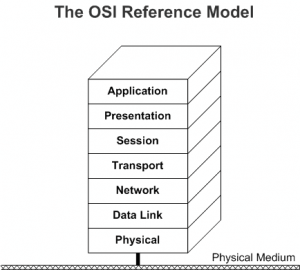As I just finished setting TLS and SASL to secure the access to my Postfix server, I realized that it was working only from inside my network.
What I got from my lan :
$ telnet mars 25
Trying 192.168.222.10...
Connected to phocean.net.
Connected to phocean.net.
Escape character is '^]'.
220 phocean.net ESMTP Postfix (Debian/GNU)
220 phocean.net ESMTP Postfix (Debian/GNU)
ehlo phocean.net
ehlo phocean.net
250-phocean.net
250-phocean.net
250-PIPELINING
250-SIZE 200000000
250-VRFY
250-ETRN
250-STARTTLS
250-AUTH NTLM DIGEST-MD5 CRAM-MD5
250-ENHANCEDSTATUSCODES
250-8BITMIME
250 DSN
I shows well that the TLS handshake is initiated.
But from this outside, I just got this weired thing :
$ telnet phocean.net 25
$ telnet phocean.net 25
Trying 81.64.194.119...
Connected to phocean.net.
Connected to phocean.net.
Escape character is '^]'.
220 **********************************************
ehlo phocean.net
ehlo phocean.net
502 5.5.2 Error: command not recognized
Of course, the firewall, a Cisco Pix one, was properly set to redirect port 25 UDP/TCP to my server.
However, I soon focused my effort on this equipment. I considered a while that the cause could be some filtering from my provider, but most probably, the problem came from the Pix.
That was not difficult to figure out : it had some protocol inspector activated for SMTP :
$ sh ru
[...]
fixup protocol smtp 25
[...]
Just after :
> no fixup protocol smtp 25
… it started to work perfectly well !!!
The engine for the SMTP protocol could not recognize the TLS handshake, considered that the SMTP session as not valid and therefore blocked it !
I can deactivate it without any fear as my Postfix server is already pretty well secured, or at least configured to reject any weired SMTP dialog.
